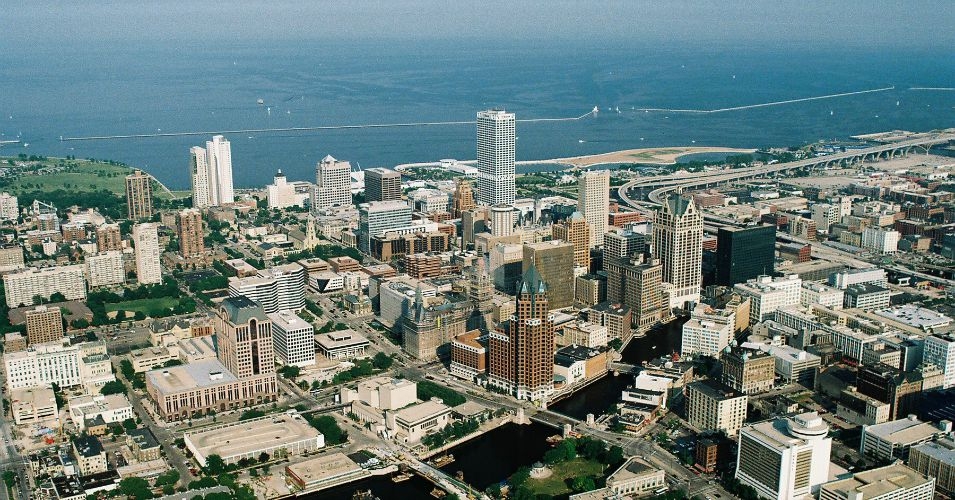Discriminatory housing, zoning, and other policy choices are driving the dramatic rise of racialized poverty and segregation across the United States, with the number of people residing in low-income “ghettos, barrios, and slums” nearly doubling in the 21st century alone, a new report finds.
Architecture of Segregation, authored by the Century Foundation fellow Paul Jargowsky, concludes that midsized cities of 500,000 to 1 million people like Detroit, Milwaukee, and Cleveland are ground zero for the rapid concentration of black poverty.
Poverty is becoming dramatically more concentrated, as “more than one in four of the black poor and nearly one in six of the Hispanic poor lives in a neighborhood of extreme poverty, compared to one in thirteen of the white poor,” notes Jargowsky, who is also a professor of public policy at Rutgers University.
Children are the most vulnerable, he explains, as they are “more likely to reside in high-poverty neighborhoods than poor adults.”
These trends cannot be attributed solely to the Great Recession, Jargowsky argues, as they were established by policy choices, implemented well before 2008, that drove the “rampant suburban and exurban development” behind today’s segregation.
“Through exclusionary zoning and outright housing market discrimination, the upper-middle class and affluent could move to the suburbs, and the poor were left behind,” he writes. “Public and assisted housing units were often constructed in ways that reinforced existing spatial disparities. Now, with gentrification driving up property values, rents, and taxes in many urban cores, some of the poor are moving out of central cities into decaying inner-ring suburbs.”
Jargowsky comes to the harrowing conclusion: “Our governance and development practices ensure that significant segments of our population live in neighborhoods where there is no work, where there are underperforming schools, and where there is little access to opportunity.”
The study follows other research which shows racial segregation is on the rise in the United States. A recent analysis by Cornell University researchers found that the foreclosure crisis that drove approximately 9 million people across the United States from their homes disproportionately displaced black and Latino households and led to a spike in segregation along racial lines.

